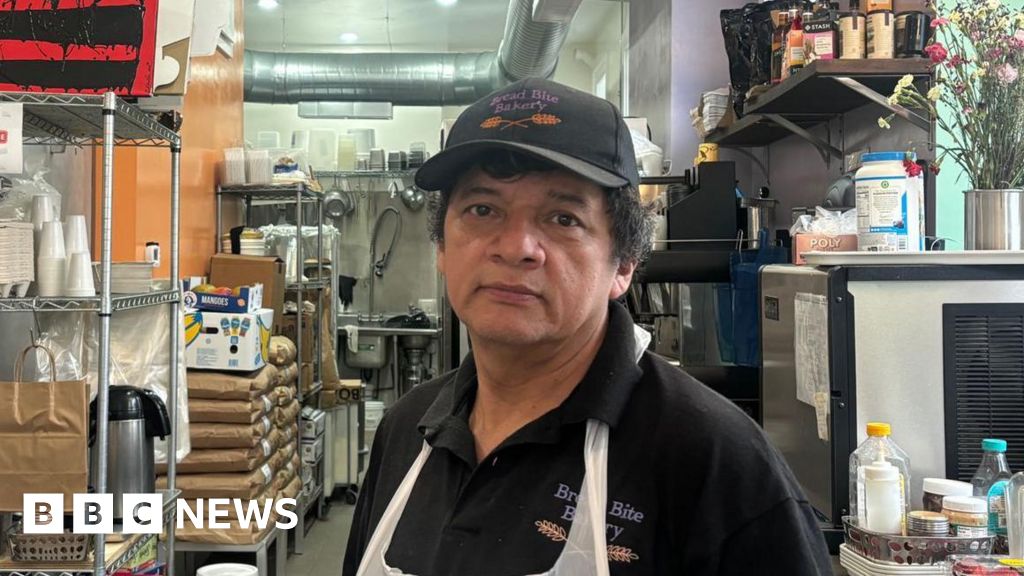
The Bitter Brew of Tariffs: How Trade Wars Impact Your Daily Cup
The aroma of freshly brewed coffee, a comforting staple for millions, is tinged with a bitter aftertaste these days. For American coffee lovers, the price of their morning ritual is steadily climbing, and the culprit isn’t just inflation. A complex web of international trade policies, specifically tariffs, is significantly impacting the cost of that daily cup.
Independent coffee shops across the US, the heart and soul of many communities, are feeling the pinch most acutely. These small businesses, often reliant on the unique character and quality of imported beans, are struggling to absorb the increased costs. Their dependence on foreign suppliers, predominantly from countries like Colombia, makes them particularly vulnerable to trade disputes.
The impact isn’t subtle. The price of imported coffee beans has skyrocketed, a direct consequence of tariffs imposed on goods from certain regions. These levies, designed to protect domestic industries, inadvertently create a cascade effect, impacting businesses far removed from their intended targets. For coffee importers, the added costs translate into higher wholesale prices, forcing them to either absorb the losses or pass them on to consumers. Given the competitive nature of the coffee market, absorbing the increased costs is often financially unsustainable for these small businesses.
The independent coffee shop owner faces a difficult choice. Increase prices and risk alienating loyal customers who are already facing economic pressures, or absorb the cost and diminish profit margins, potentially jeopardizing the long-term viability of their businesses. This situation highlights a critical vulnerability for small businesses operating in a globalized market: their limited power to negotiate against powerful international forces.
The implications extend beyond the immediate impact on coffee prices. The increased cost of coffee beans is contributing to a wider trend of price increases across the consumer goods sector. This is a stark example of how seemingly isolated trade policies can have far-reaching and unpredictable consequences for everyday consumers. The ripple effect is felt not just in coffee shops, but across related industries – from cafes and restaurants to grocery stores.
The situation underscores the complex and often unintended consequences of protectionist trade policies. While tariffs are often presented as a solution to safeguard domestic industries, their impact frequently goes far beyond the intended target. In the case of the coffee industry, the tariffs aimed at broader trade imbalances have resulted in a seemingly insignificant but noticeable increase in the price of a daily necessity for millions. The question arises: is the intended economic benefit of these tariffs worth the cumulative impact on small businesses and consumers alike?
The increased cost of coffee serves as a potent symbol of the often-overlooked consequences of international trade wars. It’s a reminder that seemingly distant policy decisions have a tangible and direct impact on our everyday lives, shaping our purchasing power and impacting the vitality of local businesses. For the independent coffee shops struggling to stay afloat, the bitter taste of higher prices may well be a symptom of a much larger, unresolved economic conflict. The future of your morning coffee, it seems, is inextricably linked to the complexities of global trade.



Leave a Reply